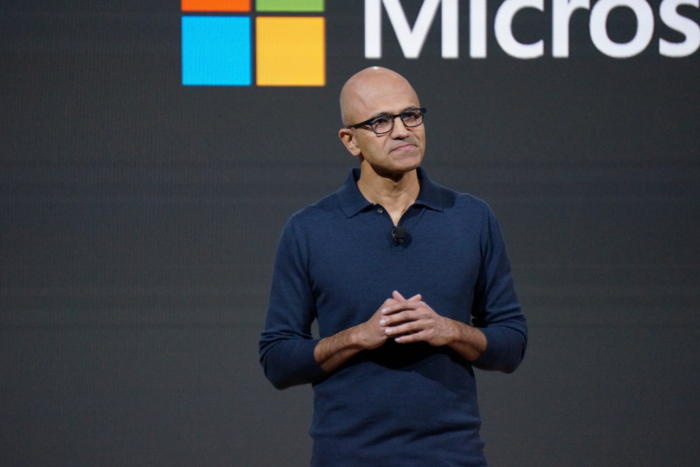
Microsoft has launched Project Sangam, a cloud service integrated with LinkedIn that will help train and generate employment for middle and low-skilled workers.
The professional network that was acquired by Microsoft in December has been generally associated with educated urban professionals but the company is now planning to extend its reach to semi-skilled people in India.
Having connected white-collared professionals around the world with the right job opportunities and training through LinkedIn Learning, the platform is now developing a new set of products that extends this service to low- and semi-skilled workers, said Microsoft CEO Satya Nadella at an event on digital transformation in Mumbai.
Project Sangam, which is in private preview, is “the first project that is now the coming together of LinkedIn and Microsoft, where we are building this cloud service with deep integration with LinkedIn, so that we can start tackling that enormous challenge in front of us of how to provide every person in India the opportunity to skill themselves for the jobs that are going to be available.”
LinkedIn also plans a placement product for college graduates that will help students finds jobs regardless of whether they studied at top universities or not, Nadella added.
Microsoft has also announced its Skype Lite, a version of Skype that consumes less data. The company is also offering a ‘lite’ version of LinkedIn, reflecting the need for vendors to factor in low Internet bandwidth, usually running on low-cost and inadequately featured smartphones, when designing products for markets in countries like India.
LinkedIn Lite works on 2G links and is four times faster than the original LinkedIn client, Nadella said.
A large number of low-skilled and semi-skilled workers that Microsoft is targeting with its Sangam project still use feature phones, which will likely be a challenge as Microsoft tries to popularise the service.
Nadella has also backed a controversial Indian government sponsored project to use biometric data collected from over one billion people as an authentication mechanism for a variety of services offered by both the government and the private sector.
The project, called India Stack, aims to use a biometric system, called Aadhaar, to facilitate the digital exchange of information. Microsoft said previously that Skype Lite would support Aadhaar authentication, pointing out to potential uses of the technology such as for verifying the identity of a candidate for a video job interview. Project Sangam too offers authentication using Aadhaar.
The Aadhaar project has been criticised by privacy activists for collecting biometric information such as the fingerprints and iris scans of people in a central database, which could be misused by both governments and hackers who might get access to the data. The government has been trying to extend the use of Aadhaar, initially designed for the distribution of government benefits and subsidies, to a variety of financial and other services.





